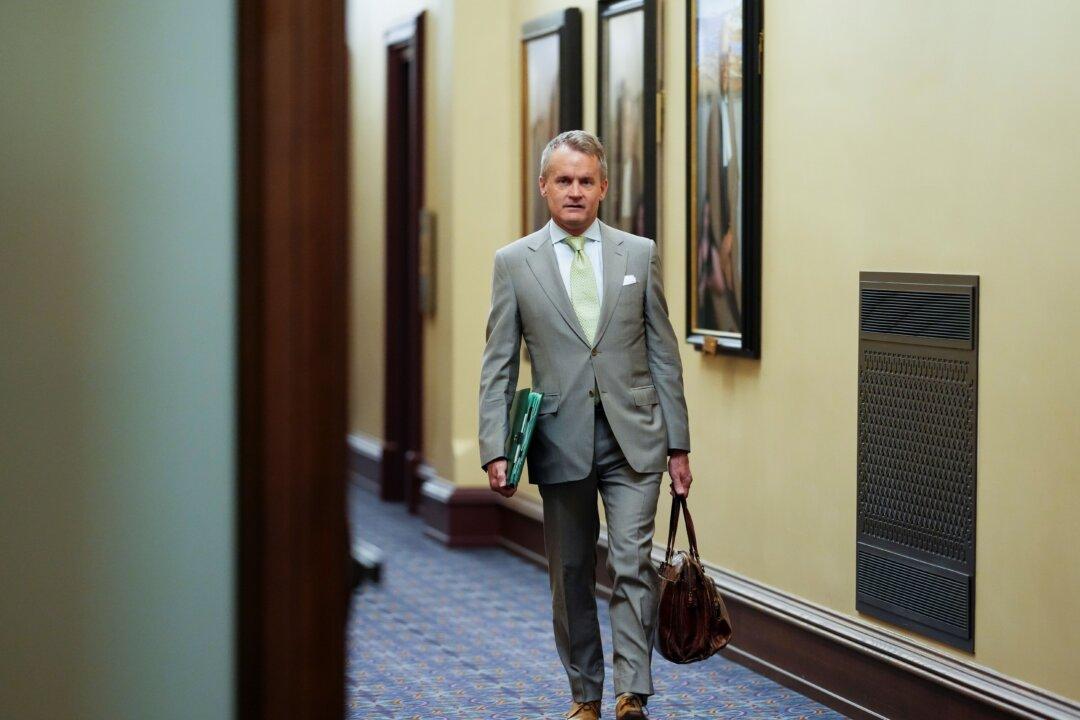Like clockwork, in the months before each federal election is called, a number of MPs from each party will announce they are not running for re-election, each with his or her own particular reason. This time around, the numbers tell an interesting story.
The previous two elections saw 59 MPs in 2019 and 34 MPs in 2021 quitting or not seeking re-election by the time the writ was dropped. Of these, in 2019, 24 were from the governing Liberals, 21 were Conservatives, and 14 were NDP, and in 2021, 19 were Liberals, nine were Conservatives, and the other six were NDP, Bloc Québécois, and Independent.





